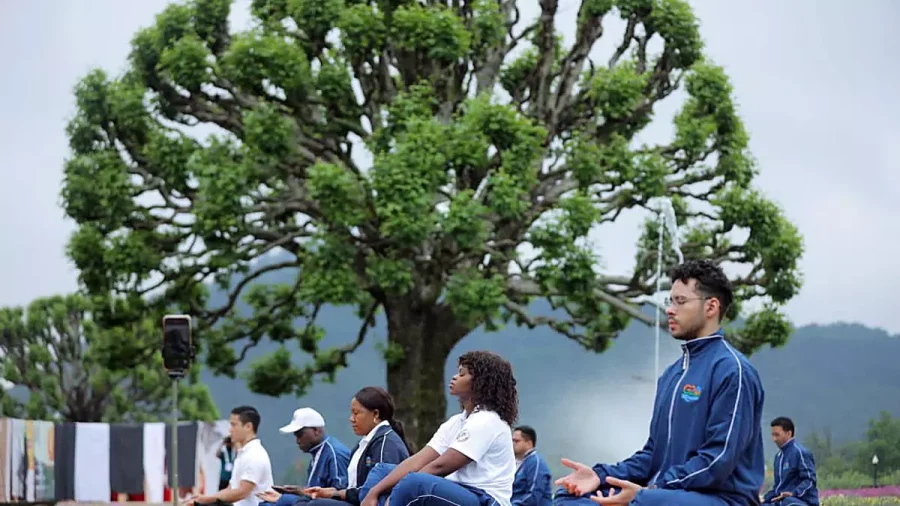The G20’s Tourism Working Group concluded its three-day meeting in Srinagar, Indian illegally occupied Jammu and Kashmir (IIIOJK) on May 24, sparking an intense battle of optics between Prime Minister Narendra Modi and his global detractors.
The Modi government sought to export its “normalcy narrative of Kashmir” to an international audience, aiming to portray Modi as a strong global leader tough on terror.
A Kashmiri journalist embedded with a foreign publication questioned the absence of the Kashmiri voice and the lack of debate on everyday hardships. “Where are we (Kashmiris) in this internationally sold mega event? Where is our voice? Where’s the debate on our everyday hardship?” he asked. Some members of the civil society endorsed this viewpoint. Nonetheless, the foreign delegates’ presence in the conflict-ridden region, with its history of violence, also sparked excitement among locals, who gathered around the Dal Lake in hopes of catching a glimpse of the distinguished guests.
Despite the government’s commitment to tap into Kashmir’s tourism potential, the region continues to struggle due to the loss of its special status which nearly turned it into a cage in 2019, and attracting a “no-go-zone” advisory from several countries. In 2022, out of the 18.4 million tourists who visited Kashmir, only 20,000 were foreigners.
The plight of Kashmiris, including random detentions under the draconian Public Safety Act, the targeting of journalists under anti-terror laws, pro-India politicians who face obstruction in their politics, and non-locals and KashmiriPandits who bear the brunt of targeted-killings, was not expected to be a focus of the G20 event.
Bashir Veeri, a senior leader from the National Conference, criticised the meeting as another PR gimmick by the Modi government to project normalcy and democracy to the world. He emphasised the need to address the aspirations of the people, including the restoration of statehood and democracy as they existed before August 2019. “It is a sheer wastage of time and resources. What would make a difference on the ground is addressing the aspirations of the people,” said Veeri.
Ahead of the meeting, India faced opposition from several countries opposed to the Modi gov-ernment’s decision to revoke the region’s special status. China boycotted the event, citing its firm opposition to holding any G20 meetings on disputed territory.
Its Foreign Ministry spokesman Wang Wenbin stated, “China firmly opposes holding any form of G20 meetings on disputed territory. We will not attend such meetings”. Pakistan’s Foreign Minister, Bilawal Bhutto Zardari, launched a scathing attack on India. “I think that this is a continuation of what is becoming a norm now, of India’s arrogance on the international stage,” he said. Saudi Arabia, Egypt, Oman, and Turkey also abstained from attending, raising concerns about the impact of Hindu majoritarianism on India’s bilateral relations.—KMS










